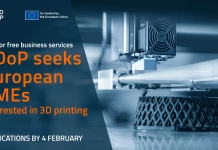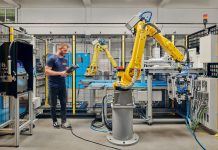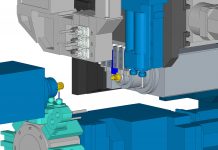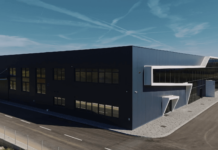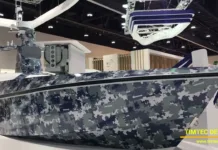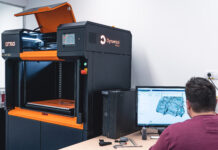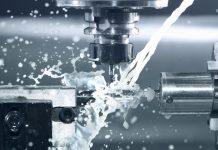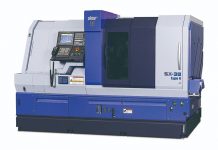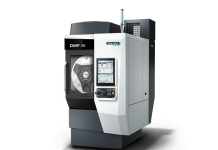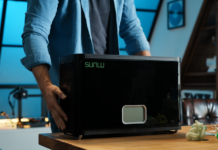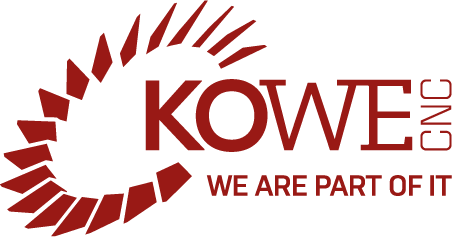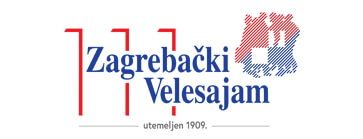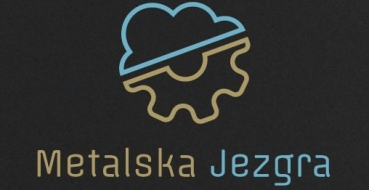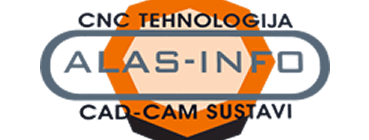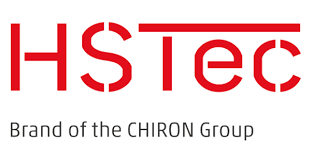Makino is globally recognized for developing CNC metal cutting, grinding, and EDM machines, but like many product manufacturers Makino is looking for ways to differentiate itself through service.
As such, it is incorporating IoT, AI, and ML into its operations to enable the shift from reactive to predictive service. “This is a critical shift for Makino. It allows us to make support a competitive weapon,” said Mark Rentschler, Makino vice president of Customer Support.
The machine-tool builder is a long-time IFS Field Service Management (FSM) customer, and adopted the IFS IoT Business Connector as a part of a predictive service strategy. IoT Business Connector is a set of components that connect Microsoft Azure IoT Suite, or other discovery environments, to receive and operationalize device data and deliver observations to IFS business software. Along with proprietary AI and ML, Makino is able to monitor conditions of its machines and predict failures before they occur.
In certain instances, when customers permit connectivity, the IoT Business Connector can feed data from the equipment directly into IFS FSM so that a call can be placed, or a ticket created automatically.
The solution works to determine product patterns and notify of issues prior to a failure occurring. Alerts also can be set to inform the supplier when a customer’s preventative maintenance has not been done properly or as scheduled. These insights not only help Makino to operate more efficiently, but to provide optimal equipment uptime for its customers.
Service revenue streams
— With large equipment like the CNC machines that Makino manufactures, downtime is incredibly costly and disruptive to customers’ operations. Furthermore, in the present business atmosphere customers simply expect the minimum to no downtime for their operations, and for their capital equipment to just work, period. Of course, service providers know this is not easy and work to keep pace with increasing customer demands.
For Makino, the IoT-enabled OEE (overall equipment effectiveness) service offering not only lets the company address its customers’ demands better, but it also provides a new revenue stream. This more sophisticated level of service — combining predictive analytics as well as equipment usage and operating data — gives customers both insight and reliability for which they are willing to pay a premium, and which is structured as an annual subscription fee.
“This solution provides more than just information and status updates, it really offers the ability to avoid failures that result in significant costs and disruption,” Rentschler said. “This value proposition is exactly what our customers want.”
Makino began to develop this offering about a 18 months ago. It introduced OEE to its customers in September of 2018, with commercial availability starting in February this year. Its customers had shown significant interest, and the beta testing went very well. Makino anticipates this move to predictive service will create a long-term revenue stream that will augment its product and traditional service revenues.
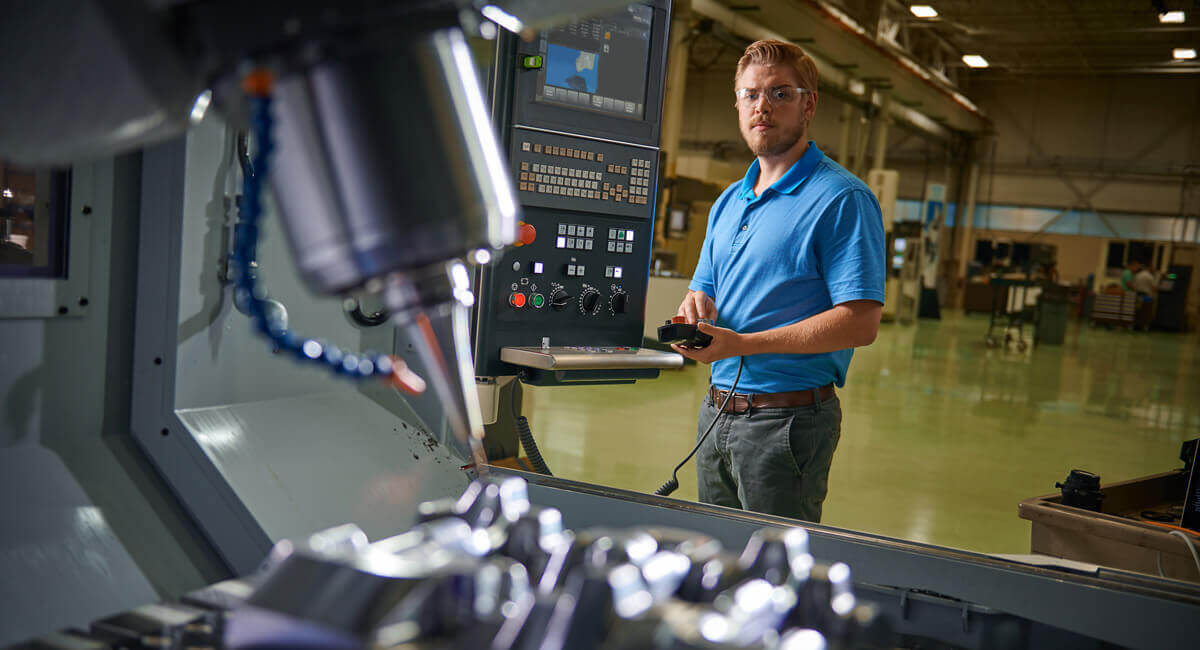
Managing major change
— Rentschler, who has been with Makino for more than 24 years, acknowledged that the move to predictive service is both a structural and fundamental shift. It’s a transformation that goes beyond the introduction of sophisticated new technology and reaches into the organization’s culture, operations, and even business model.
“You have the introduction of technology itself, which requires our already electrically and mechanically skilled engineers to also become capable of networking,” said Rentschler. “With this being a new offering for our customers, you also have to consider the soft skills that are necessary to articulate the value and deliver on predictive service.
“These changes require continued communication and employee development,” he continued. “You cannot achieve full success without true collaboration.”
For a business that traditionally supplied machinery with break/fix service, the introduction of a subscription-based, predictive service model is a notable change, too. “For a company that sells capital equipment, the world of subscriptions with agreements, renewals, and the like is a significant adjustment,” said Rentschler.
Recognizing the challenges involved in the switch, Makino’s willingness to embrace the world of servitization is commendable – too many organizations are resisting the switch because it’s easier to continue to do what they have always done.
For those accepting the challenge, Rentschler has some wise advice. “Go fast, because you’re already late,” he said. “This is the future of our industry, so you either embrace it or you’ll be left behind.”


